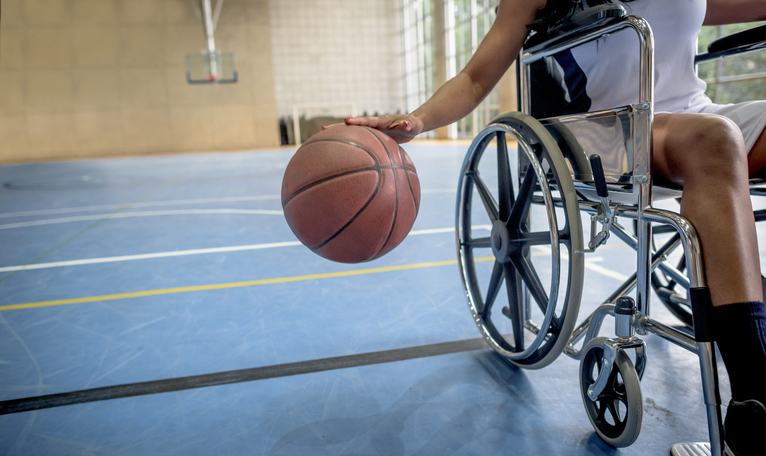From gender to race, to religion and sexual orientation, diversity is a topic that is discussed on a day-to-day basis. However, those who live with disabilities (i.e. autism, cerebral palsy, down syndrome, etc.) are often left out of the conversation.
It’s time for people with disabilities to be a part of the diversity dialogue. After all, the “D” in diversity must stand for “disabilities.”
Defining Diversity
When it comes to better understanding the topic of diversity, there are two concepts to become familiar with: acceptance and respect. We need to accept those who are different from us, and respect those differences.
Diversity is often classified according to the following categories:
- Race
- Ethnicity
- Gender
- Sexual Diversity/Orientation
- Socio-economic Status
- Age
- Physical Abilities
- Religious Beliefs
- Political Believes
According to Disabled World, those who have disabilities make up the nation’s largest minority group. Disabilities can include either or both physical or mental impairments that alter or limit a person’s ability to participate in major life activities. To accept and respect these impairments, it’s imperative to have tolerance for one another.
Unfortunately, while open discussions regarding race or sexual orientation may be common, conversations centering on disabilities are often non-existent. In order for these conversations to take place (and become successful), a safe and positive environment needs to be created. During this time, the concept that diversity shouldn’t be ignored, but embraced can be explored.
The “D” in Diversity is for Disabilities
The “D” in Diversity is a symbolic reminder for us to include disabilities in diversity conversations. As mentioned above, disabilities are a majority minority whether physical or mental. Today, some of the most common disabilities include:
- Autism
- Attention Deficit Hyperactivity Disorder (ADHD)
- Cerebral Palsy
- Down Syndrome
- Epilepsy
- Spina Bifida
- Dyslexia
- Dyscalculia
- Intellectual Disability
- Depression
Most individuals who live with the disabilities above, are born with them (i.e. attention deficit hyperactivity disorder or down syndrome). Yet, depression can develop over time, much like other forms of physical disabilities. These types of disabilities often occur due to a personal injury accident (i.e. a car crash), and can leave the victim paralyzed, or in another condition that renders him or her unable to complete simple, everyday tasks.
Because we believe that “D” in diversity stands for disabilities, bringing awareness to all kinds of disabilities, and learning to respect them is a necessity. But how?
The answer is education. In order for individuals who don’t have a physical or mental impairment to engage in conversation about disabilities and diversity, learning is crucial. This task can be accomplished via a class, seminar or by simply paying more attention to those who struggle. This is where the idea of tolerance comes into play.
Furthermore, it’s significant for those with disabilities to have the same opportunities as those without. Accessibility, whether it’s in the form of a personal or professional nature, should be readily available.
Contact a Personal Injury Attorney
If you or a loved has become disabled due to a personal injury accident, then you may need a team of professional attorneys on your side. If you need help understanding your rights and obtaining the resources you need in a case, we are here to help you. Contact The Oshman Firm today by calling (800) 400-8182.



